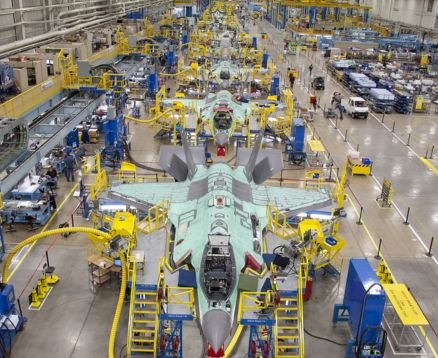Comprehensive Guide to Shims: Types, Applications & Advantages - United Stainless LLP
United Stainless LLP is a prominent name among Shims Manufacturers in India, known for producing precision-engineered shims that meet diverse alignment and leveling requirements. Our organisation is recognised for supplying high-quality Shims in a wide variety of specifications, standards, thicknesses, and custom-cut sizes to suit different industrial applications.
Shims are essential components used for fine adjustment, spacing, and accurate alignment in mechanical assemblies, machine installations, structural setups, and maintenance operations. They effectively help eliminate gaps, reduce vibration, improve operational precision, and enhance the lifespan of equipment and components. Extensively used in automotive, manufacturing, construction, aerospace, and general engineering industries, Shims play a crucial role in enabling safe, stable, and efficient functioning of systems. As a trusted Shims Supplier in India, we provide solutions that guarantee performance and reliability in demanding applications.
Key Benefits of Using Shims
- Provide accurate alignment and leveling
- Help in reducing vibration and operational noise
- Improve equipment performance and reliability
- Easy to install, remove, and replace
- Available in multiple materials, sizes, and thicknesses
- Ideal for maintenance, repair, and adjustment jobs
Common Applications of Shims
- Machine base leveling and alignment
- Motor, pump, and gearbox installation
- Structural steel packing and alignment
- Tooling, fixtures, and die setting
- Automotive assemblies and suspension adjustment
- Flange alignment and gasket support
With a strong presence as one of the dependable Shims Suppliers, we ensure timely availability of shims that support both routine maintenance and critical, precision-based operations. We supply materials that meet industry standards and deliver reliable performance in various industrial environments.
Sub Products of Shims
1. Stainless Steel Shim
Stainless Steel Shims is widely used in environments where corrosion resistance, strength, and long-term durability are essential. These shims are suitable for high-temperature areas and locations exposed to moisture, chemicals, or aggressive media. They are commonly used in petrochemical plants, marine equipment, food processing units, and heavy machinery. Stainless steel shims are available in different thicknesses and formats such as sheets, strips, and pre-cut packs for convenient use.
2. Aluminium Shims
Aluminium Shims are chosen where a combination of low weight and good corrosion resistance is required. They are easy to cut, form, and handle on site, making them ideal for automotive, aerospace, electrical enclosures, and lightweight structural applications. Aluminium shims also offer good thermal conductivity and are frequently used for spacing, packing, and fine adjustment without adding significant weight to the assembly.
3. Nickel Alloy Shim
Nickel Alloy Shimsused in demanding service conditions where high temperature stability, oxidation resistance, and excellent mechanical properties are necessary. These shims are commonly used in power generation equipment, turbine assemblies, chemical processing systems, and other high-performance engineering applications. Their ability to maintain strength and precision under extreme conditions makes them suitable for critical installations.
4. Inconel Shim
Inconel Shims is designed for extremely harsh environments involving high temperature, pressure, and corrosive media. These shims are typically used in aerospace components, gas turbines, nuclear facilities, and offshore installations. Inconel provides exceptional resistance to heat and corrosion, ensuring long service life even under severe operating conditions. It is ideal for precision alignment tasks where ordinary materials may deform or fail.
Applications & Uses of Alumiunium Coil
FAQs on Shims
You should evaluate the operating environment, load conditions, required thickness, temperature range, and compatibility with adjacent materials. It is also important to decide whether you need standard sizes or custom-cut shims for more accurate alignment. Selecting the correct material and thickness helps ensure durability, safety, and consistent performance.
Shims can sometimes be reused if they remain flat, undamaged, and free from corrosion or deformation after service. However, for precision or safety-critical applications, it is advisable to inspect each shim carefully and replace any that show signs of wear, bending, or surface damage. Using fresh, accurately sized shims helps maintain proper alignment and reduces the risk of unexpected equipment issues.




